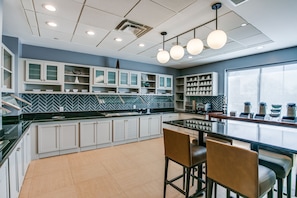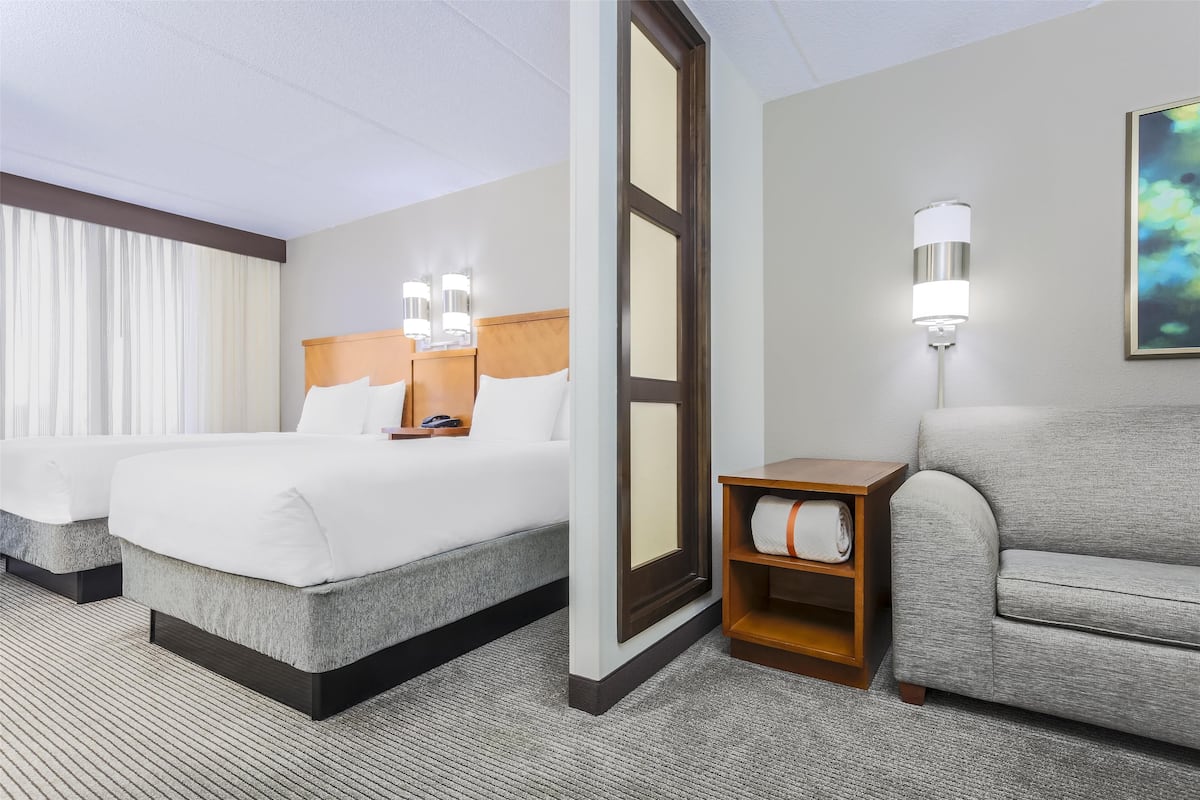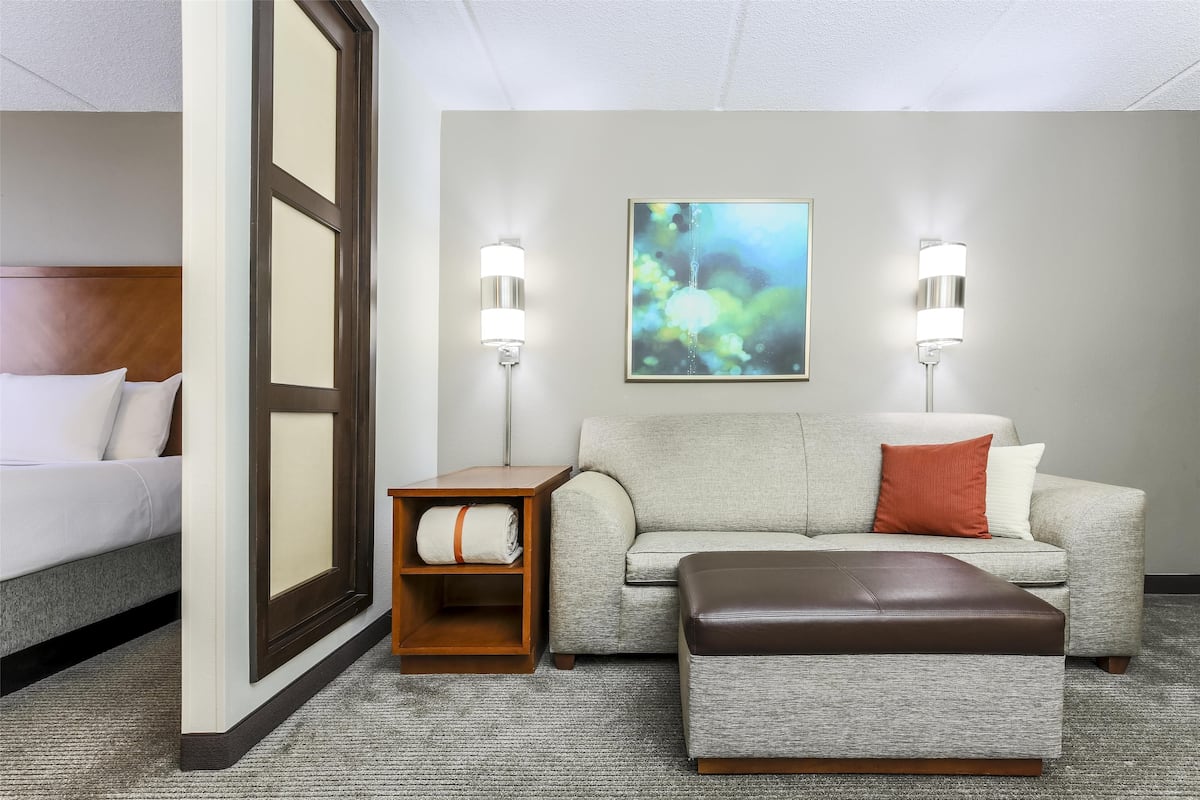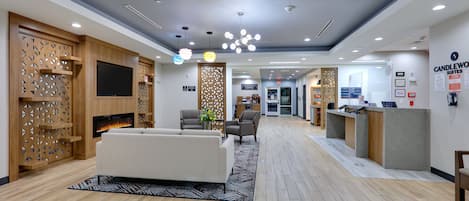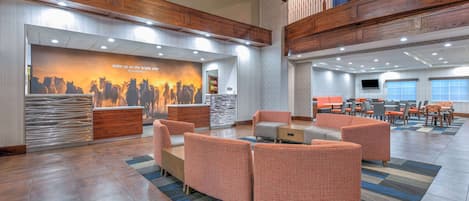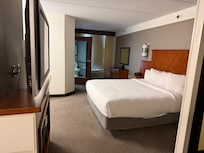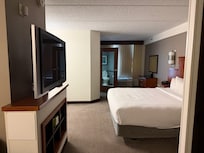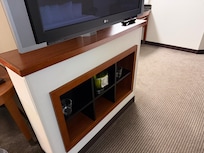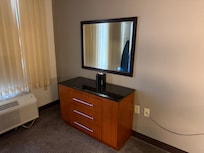The photos in this description reflect the brand standard and are provided for illustrative purposes only.
Parties and events are allowed on site.
Guests can rest easy knowing there's a fire extinguisher, a smoke detector, and a first aid kit on site.
This property welcomes guests of all sexual orientations and gender identities (LGBTQ+ friendly).
This property accepts credit cards. Cash is not accepted.
Credit cards accepted: Visa, Mastercard, American Express, Discover, Diners Club, JCB International, Carte Blanche
Please note that cultural norms and guest policies may differ by country and by property. The policies listed are provided by the property.
It is Hyatt’s practice to enter any occupied guestroom at a minimum of once within a 24-hour period, even if a guest has requested privacy. Appropriate efforts are made to provide advance notice to the registered guest before entering an occupied guestroom.




